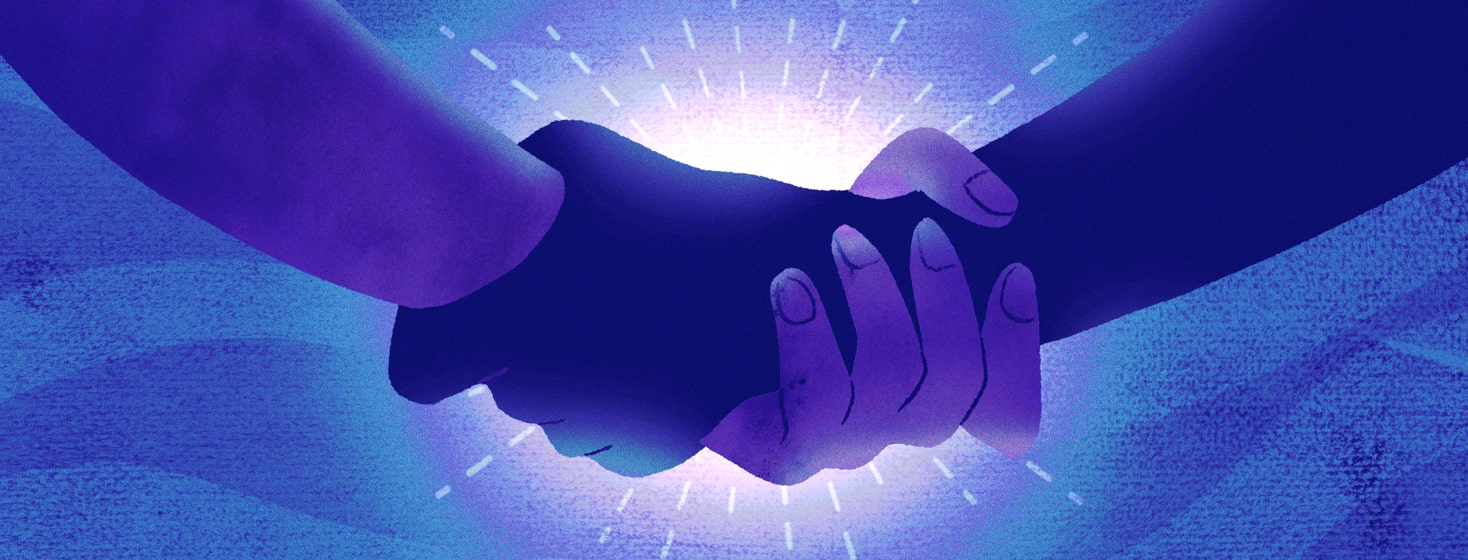How To Be a Good Friend
Recently I’ve read a few posts regarding being disabled and having friends. One was in a Muscular Dystrophy Facebook group where someone shared that their good friend is getting married and the wedding venue isn’t wheelchair accessible.
This person said their friend recommended they come to the wedding in a manual wheelchair and ask another guest to carry him up and down the flight of stairs.
Of course, the person with MD is now stuck with the really difficult, and totally avoidable, decision if he should attend the wedding and sit uncomfortably all day as well as awkwardly asking to be carried which is very unsafe. Or, miss a best friend’s wedding. This is the question he posed to Facebook.
What makes a good friend?
Instead of commenting that he has a terrible friend (this is what everyone else was doing), I asked myself: what makes a good friend? And not just any type of friend, but how can an able-bodied person be a better friend to someone with a disability?
Speaking for myself, the relationship I’d like from my friends is to be thought about and included. I think this is probably how most people feel, disabled or not.
A few years ago, one of my best friends was getting married and I remember him telling me that he made sure every venue was wheelchair accessible for every part of the wedding. From the ceremony to the cocktail hour to the reception, he wanted me there.
Obviously, this made me feel seen and appreciated, even more so considering I was just a regular guest and not a part of the wedding party. My friend even went a step further to make sure the hotel had an accessible room with a roll-in shower.
Friends who consider my needs
This consideration of my needs comes from many years of friendship, but also just someone taking a minute to ensure every person invited could enjoy the special day.
If you’re able-bodied and reading this, it really doesn’t take much to figure out whether the world around you is accessible. Just imagine your friend who’s in a wheelchair is next to you while you’re in public places.
Can they get inside the building? Are there curb cuts for the sidewalk? Is there a regularly used elevator and not just a freight elevator?
There is nothing more humiliating than riding in a sketchy elevator and exiting into the kitchen.
Understanding how inaccessible the world is
When I was considering what college to attend, one of my classmates was going on a tour of a campus that I was strongly considering. We weren’t close friends, but when she returned she told me she walked the tour as if I was with her by using curb cuts and ramps and asking about elevators.
Obviously planning a wedding is vastly different and nobody wants to be the center of attention if you’re not the bride or groom.
However, the point I’m trying to make is that it doesn’t take much to show a little empathy. If you do, you might understand just how inaccessible the world really is.

Join the conversation